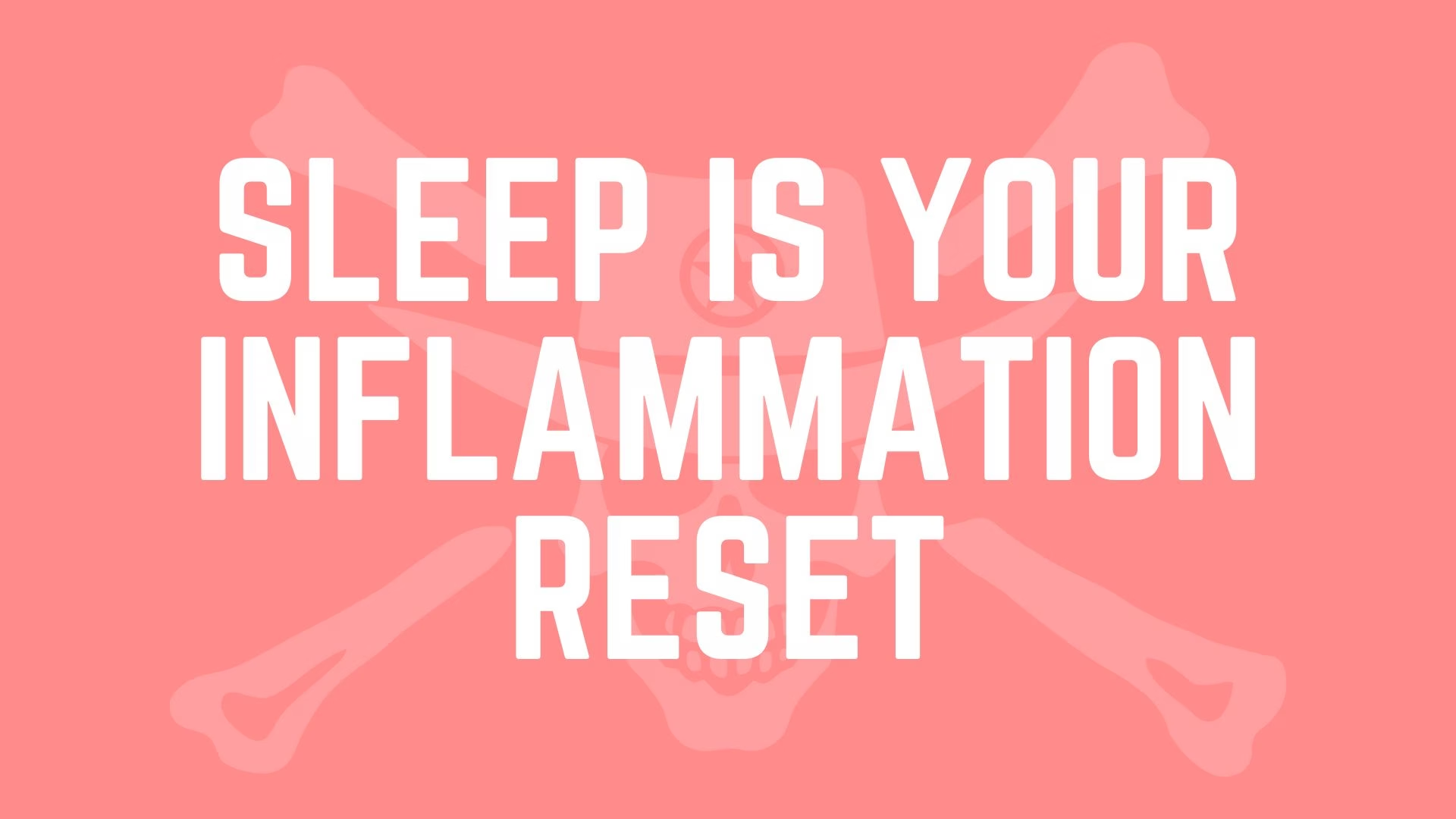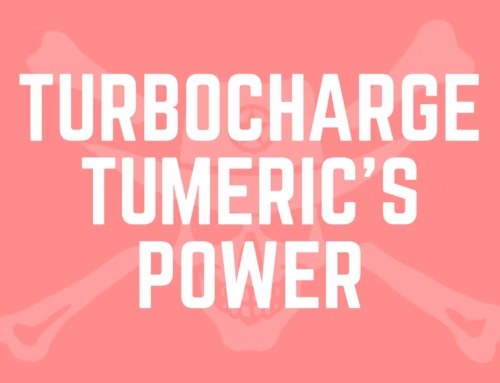The Critical Role of Sleep in Fighting Inflammation
Why Sleep Matters for Inflammation Control
Skimping on sleep isn’t just about feeling groggy—it literally turns up your body’s inflammation dial. Studies show that individuals averaging less than 6 hours per night exhibit 30–40% higher levels of C-reactive protein (CRP) and interleukin-6 (IL-6). When you prioritize restorative sleep, you give your immune system the downtime it needs to reset and repair.
How Sleep Quiets Your Immune System
Sleep orchestrates a night-long symphony of repair:
- Deep (Slow-Wave) Sleep: Growth hormone surges during stages 3–4, driving tissue repair and reducing pro-inflammatory cytokines.
- REM Sleep: Balances stress hormones—cortisol levels drop by up to 50% compared to waking hours, curbing chronic inflammation.
- Glymphatic Clearance: The brain’s waste-removal system ramps up, flushing out inflammatory metabolic byproducts accumulated during the day.
Disrupt any of these stages, and you’ll see inflammation markers rise—often within just one poor night’s rest.
Sleep Best Practices for Lowering Inflammation
Your bedroom environment and pre-bed routine set the stage for the deep, restorative sleep your body needs to turn down inflammation. These evidence-backed tweaks help you enter and maintain sleep stages where tissue repair, hormonal balance, and immune modulation occur most effectively.
- Consistent Schedule:
Why: Going to bed and waking up at the same times—even on weekends—reinforces your circadian rhythm, increasing slow-wave (deep) sleep by up to 20% and reducing pro-inflammatory cortisol pulses.
How: Pick a realistic bedtime and wake time, set alarms, and wind down 30 minutes before lights out so your body learns the pattern. - Cool, Dark Environment:
Why: The body’s core temperature must drop by 1–2°F to trigger sleep onset; darkness stimulates melatonin release, which not only initiates sleep but also possesses antioxidant, anti-inflammatory properties.
How: Aim for 60–67°F using a programmable thermostat or fan. Install blackout curtains or an eye mask, and remove all visible electronics or LED lights. - Screen Curfew:
Why: Blue light (400–490 nm) from phones and TVs suppresses melatonin production for up to three hours, fragmenting your sleep cycles and preventing deep, immune-restorative stages.
How: Power down all screens at least one hour before bed. Swap to a paperback book, podcast, or soft music to signal your brain that it’s time to wind down. - Mindful Wind-Down:
Why: Stress hormones like adrenaline and cortisol block deep sleep. Practices like box breathing reduce heart rate by 10–15% and lower inflammatory markers (CRP) by up to 10% after just one session.
How: Spend 10–15 minutes on breathing exercises (4-7-8 or box breathing), gentle yoga stretches, or progressive muscle relaxation to shift into a parasympathetic (rest) state. - Caffeine & Alcohol Timing:
Why: Caffeine has a half-life of 5–6 hours and can halve your deep sleep if consumed late; alcohol may help you fall asleep but fragments REM sleep and increases inflammatory cytokines.
How: Stop caffeine by 2 PM. If you enjoy alcohol, limit to one standard drink and finish it by dinnertime, then hydrate well afterward.
Do’s & Avoids for Restorative Sleep
The smallest adjustments can have outsized effects on sleep quality—and therefore on inflammation control. Use these do’s and avoids to fine-tune your nightly routine.
- Do: Keep naps under 20 minutes. Short “power naps” boost alertness without entering deep stages that leave you groggy.
Avoid: Late-afternoon naps longer than 20 minutes—they disrupt your ability to fall asleep at night and can raise evening cortisol. - Do: Use white-noise machines or earplugs. Blocking out sudden noises prevents micro-awakenings and maintains uninterrupted deep sleep.
Avoid: Having the TV or phone on in your bedroom. Even soft dialogue can activate your brain’s language centers and delay the transition to sleep. - Do: Journal for 5 minutes before bed. Externalizing worries and to-do lists lowers bedtime cortisol by up to 25%, calming an overactive mind.
Avoid: Lying awake scrolling through work emails or news feeds—it ramps up stress and primes your brain to stay alert.
Quick Win: Better Sleep Tonight
Try this 5-minute pre-bed ritual:
- DIM the lights in your space and set a 60-second timer on your phone.
- Breathe in for 4 counts, hold 7, exhale 8—repeat 4 cycles.
- Stretch arms overhead, roll shoulders backward, and gently twist in bed to release tension.
Studies show this simple ritual can increase deep-sleep duration by 10–15% on the very first night.
Related Deep Dives
- The Anti-Inflammatory Diet: What to Eat and Why
- How Daily Movement Reduces Chronic Inflammation
- Managing Stress to Support a Healthy Immune Response
FAQ
- How much sleep do I need?
Aim for 7–9 hours of quality sleep per night to keep inflammation markers low. - What if I wake up at night?
Use your breathing ritual—avoid checking the clock or your phone to preserve sleep cycles. - Can supplements help?
Magnesium glycinate (200–400 mg before bed) and a low-dose melatonin (1–3 mg) can improve sleep quality in some individuals.
Conclusion
Quality sleep is the unsung hero of your anti-inflammatory toolkit. By adopting these best practices and quick wins, you’ll lower your CRP, balance cortisol, and wake up refreshed—ready for whatever adventure lies ahead.
Disclaimer: This article is for educational purposes only and does not constitute medical advice. Always consult a qualified healthcare professional before making changes to your diet, exercise, supplement regimen, or lifestyle—especially if you have pre-existing conditions or are taking medication.





